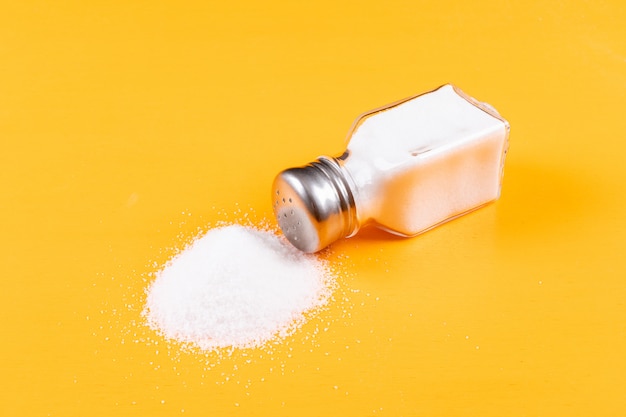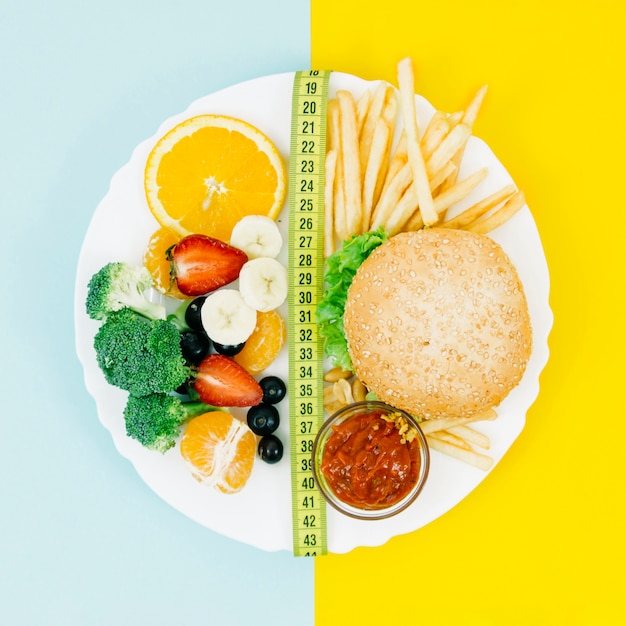February 15, 2021
How Does Too Much Salt Affect Your body?

Let’s face it, salt makes everything taste better. It can make French fries taste better, offset bitter foods and enhance bland tasting dishes. Salt (specifically sodium chloride) not just adds an additional layer of flavor, but it allows other flavors to come alive. Salt, just like other minerals like iron, magnesium., etc. are crucial for maintaining some of the human body’s various processes. Salt helps maintain efficient cell communication, maintain blood pressure, and nerve function just to name a few. But as people move to urban cities, there is an increase consumption of processed foods, in addition to the rapid urbanization. More and more people are unconsciously consuming foods rich in trans & saturated fat, sugar and lastly, salt. Found in large quantities of the typical modern, urbanized diet, people are now consuming foods loaded with salt, more than ever. In fact, around 90% of Americans consume more than the recommended limit which is 2300 milligrams per day.
If salt is good for the body, then why the reduction in salt intake? That’s why here are some of the effects of eating foods loaded with too much salt:

1. High Blood Pressure - Salt or specifically the sodium in salt, has the ability to retain water ( through the kidneys) . Which means, high sodium intake means the heart has to pump more, in addition to the pressure on the body’s various arteries (arterial wall, to be precise). Arteries in the body are responsible by serving as a passageway for the blood to deliver oxygen and other nutrients to the different parts (cells) in the body. Putting an enormous pressure on the arterial walls (both small and large arteries) can lead to lesions overtime. Which later can lead to plaque, or accumulation of lipids and other fibrous elements due to the pockets of lesions present. This scenario can lead to what is known as Atherosclerosis. Excessive sodium consumption (defined by the World Health Organization as >5 g sodium per day) has been shown to have a significant increase in Blood pressure. Just by the reduction of salt intake (just by 4 weeks), can help reduce blood pressure.

2. Chronic Kidney Disease - While there is little evidence that links CKD ( moderate or low sodium intake) that produces better outcomes to CKD. But there are studies that suggest that an increase in sodium intake can increase the progression of CKD. In addition, patients or people that are hypertensive, have at least a 75% risk of developing CKD. The main culprit of developing CKD can be attributed to salt and fluid retention in the body.

3. Cardiovascular Risk - High fluid volume in the arteries (sodium pulls in water) can cause an increase in blood pressure. To compensate for the pressure, arterial walls thicken in order to accommodate the fluid pressure being pumped by the heart. The exerted pressure means the heart has to pump a little bit harder. In return, the availability of oxygen (carried by the red blood cells) being distributed to the different parts of the body becomes limited. Limited oxygen, means the heart can perform efficiently. Chronic high-blood pressure has been known to increase the risk for heart attack.

So in conclusion, You might wanna rethink your dietary choices, whether you want to grab that last piece of chips in the pantry or reach for that pizza late at night for some midnight snack. But take note. Whatever diet or dietary changes you want to incorporate in your lifestyle. It’s best to consult your board-certified physician, for he or she can give you an advice on how to help reduce your sodium intake.
This is A Blog Written by ACHV Balance
Find Out More: www.achvbalance.com
Email: infor@achvbalance.com
